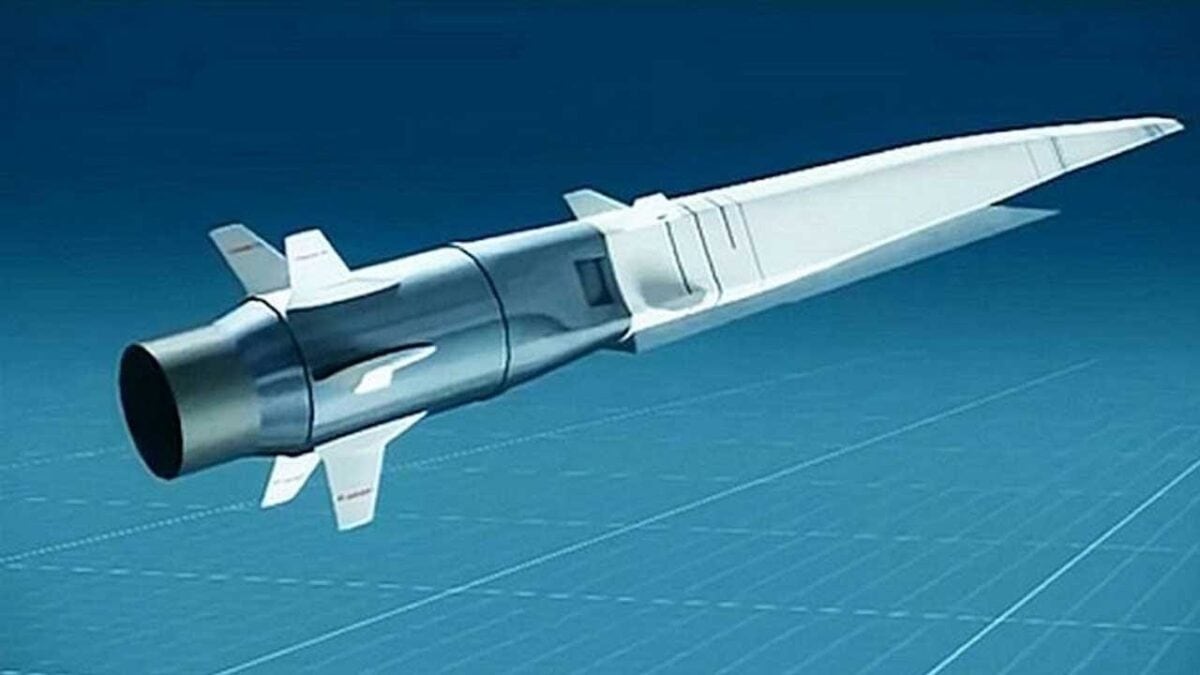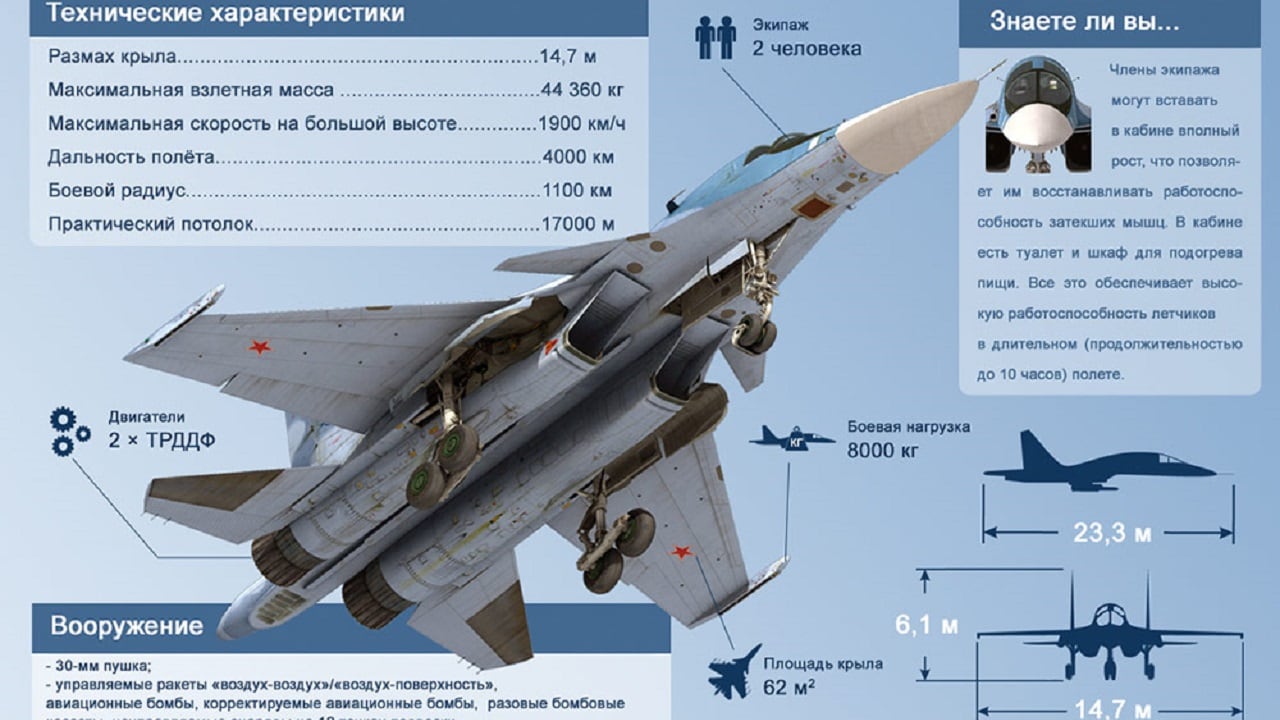Major Ukrainian cities suffered a series of missile strikes on Monday morning. Kyiv was targeted, as were cities throughout the country’s south and northeast.
According to Kyiv’s Mayor, Vitali Klitschko, the missile strikes targeted critical infrastructure. They left citizens in some places with no water supply – including 80% of Kyiv’s residents – and resulted in the capital being “cut off.” Electricity generation was heavily impacted.
One missile strike targeted an energy facility responsible for powering 350,000 Kyiv apartments, resulting in the loss of power to a few hundred thousand people. Klitschko said that emergency services were scrambling to restore power and “stabilize the situation as soon as possible.”
Russia also targeted Cherkasy and Kirovohrad, as well as Kharkiv and Zaphorizhzhia.
The fresh missile strikes were not unprompted – at least according to Russia, which claims that Ukraine attacked Sevastopol, a city in Crimea, over the weekend. Of course, Russia illegally invaded and annexed Crimea in 2014, and the international community does not recognize the peninsula as Russian territory.
Residents of Kyiv are now being asked to stock up on water. “Currently, due to damage to the energy facility near Kyiv, 80% of the capital’s consumers remain without water supply,” Klitschko wrote on Telegram. “Just in case, we ask you to stock up on water from the nearest pumps and points of sale. Specialists are doing everything possible to return water to the apartments of Kyiv residents.”
The missile strikes also caused significant harm to Kharkiv, Ukraine’s second-largest city. In Kharkiv, infrastructure facilities were also targeted, impacting the cities’ water supply and halting all subway train services.
In total, Russia’s missile strikes hit 10 regions and damaged 18 facilities. “Their target was not military facilities, but civilian critical infrastructure,” Ukrainian Prime Minister Denys Shmyhal wrote on Telegram, “most of them energy related.”
Monday’s attack further underscores the persistent suffering of the Ukrainian people, who have been under attack since February. Thirty-one-year-old Kyiv resident Yana Lysenko spoke with CNN about the stress of living in a warzone and raising a 4-year-old child. Lysenko, like many of her countrymates, is without water. She said that “Monday morning has started horribly as usual,” but that “our spirit is very high, and we are waiting for victory…Such terrorist actions targeting water and electricity supply, I believe, do not scare people anymore.”
Lysenko’s comments indicate the resolve that has become associated with the Ukrainian people. Whether fully accurate, or a product of media spin, Ukrainians have come to be known as a hardy bunch, resilient and defiant.
Seventy-year-old Viktor Halashan, who also spoke with CNN, said that “not having water is fine, we can handle this,” and that “troops will get us closer to victory soon.” Oleksandr Nechepuriak relayed a similar point: “We will handle this…no other options.”
And while the Ukrainian people seem equipped and willing to handle the continuing Russian invasion, the question persists whether they should have to. As the conflict drags into its ninth month, and the suffering mounts, one might expect efforts to strike a peace to intensify. To date, no such efforts have been discussed. Ukraine, propped up by Western (especially American) aid, has resisted Russian advances. But Ukraine seems incapable of winning the conflict, which would mean fully ousting Russia from Ukrainian territory.

Tsirkon Hypersonic Missile. Image Credit: Creative Commons.
If that is true – if Ukraine cannot ever win the conflict – then prolonging the suffering of Ukrainians living with missile strikes and water shortages seems misguided. Suing for peace, urgently, seems like a surer strategy than outlasting missile barrages in perpetuity. And suing for peace is objectively a better option than Russian escalation, which could include the deployment of nuclear weapons.
Harrison Kass is the Senior Defense Editor at 19FortyFive. An attorney, pilot, guitarist, and minor pro hockey player, he joined the US Air Force as a Pilot Trainee but was medically discharged. Harrison holds a BA from Lake Forest College, a JD from the University of Oregon, and an MA from New York University. He lives in Oregon and listens to Dokken. Follow him on Twitter @harrison_kass.

